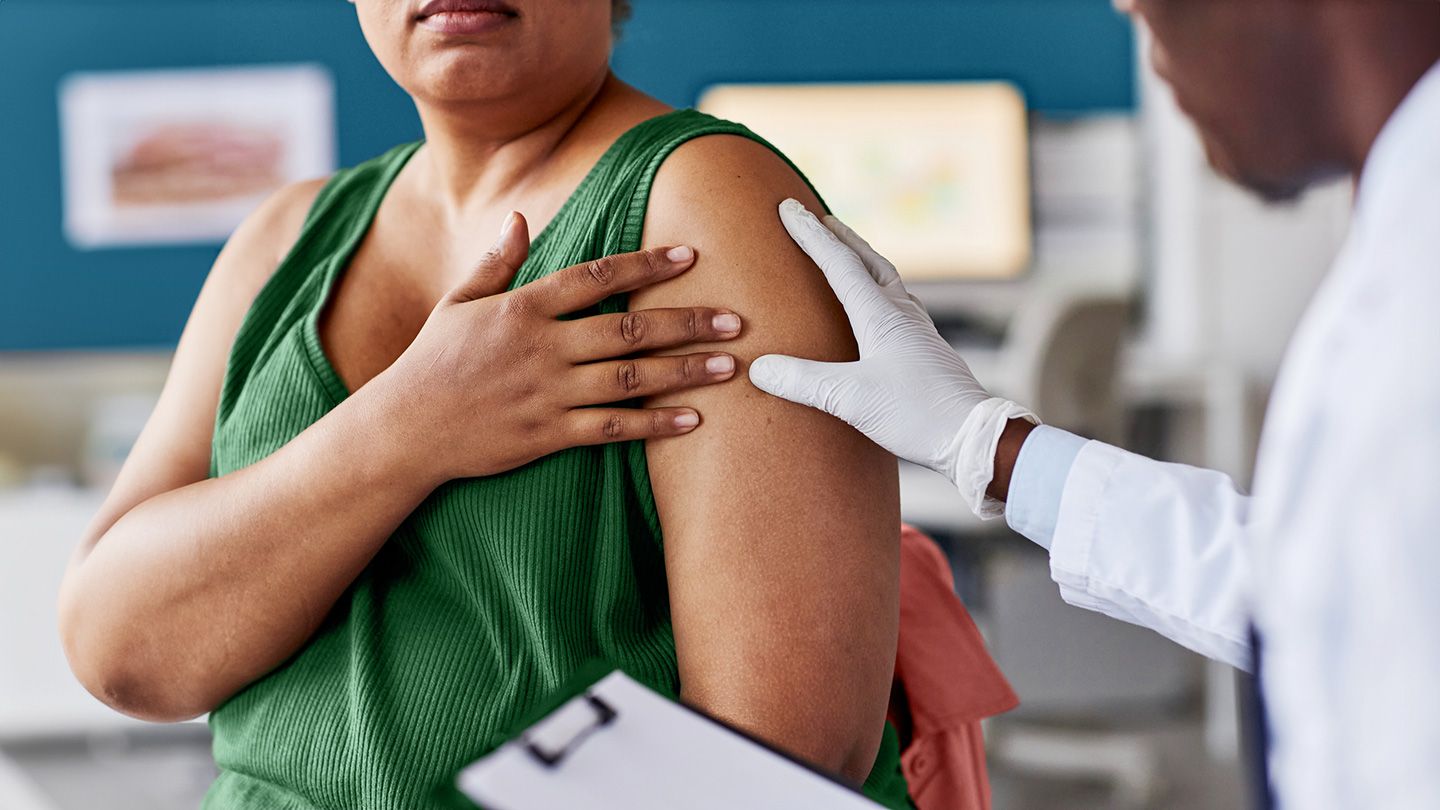While your dermatologist provides vital insight for guiding your HS treatment, there’s more you can take into your own hands to help gain control of HS. Here are some important strategies to try.
Steer Clear of Triggers
Certain factors can trigger HS flares, so learning what they are and taking measures to avoid them is key. The following can make HS worse:
- Overheating and sweating
- Skin-on-skin friction
- Smoking
- Stress
- Wearing tight clothing
Besides avoiding triggers, making these lifestyle changes may also help prevent and ease HS symptoms:
- Reach and maintain a healthy weight.
- Quit smoking to reduce HS flares and prevent HS from worsening.
- Get good-quality sleep. HS symptoms can disrupt sleep, which is vital to managing HS. Try to avoid a cycle of poor sleep and worsening HS symptoms.
- Eat a healthy diet. In particular, Fernandez recommends an anti-inflammatory diet, which has been shown to reduce the risk of a number of chronic inflammatory diseases.
Practice Good Hygiene
A common myth about HS is that it’s caused by “not being clean,” Sokumbi says. Although that’s not true, some personal hygiene measures may help keep symptoms under control. Dr. Obioha recommends using antibacterial washes that contain chlorhexidine and benzoyl peroxide, as well as exfoliating cleansers with salicylic acid.
Wear Loose Clothing
Use Absorbent Pads and Foam Dressings
Absorbent patches, gauze, and foam dressings can help soak up sweat and discharge from weepy lesions. Fernandez recommends flexible dressings that will conform to areas such as the armpit without creating friction. Change dressings regularly, so the area doesn’t become moist.
Apply a Warm Compress
Change Up Your Shaving Routine
If possible, don’t shave areas prone to HS, to help prevent ingrown hairs, recommends Sokumbi. Another option is laser hair removal, which eliminates the actual follicles. “Follicular occlusion is at the heart of HS, so if you can get rid of the hair follicles early on, that’s something to consider,” she explains.
Get Support
If you’re having trouble finding a dermatologist experienced in treating Black people’s skin or would like to connect with others who are dealing with HS, visit the Hidradenitis Suppurativa Foundation. “It’s a patient advocate group with the goal of educating, supporting, and providing resources to HS patients,” says Fernandez. Having HS can be isolating, but you don’t have to go it alone.
Read the full article here




